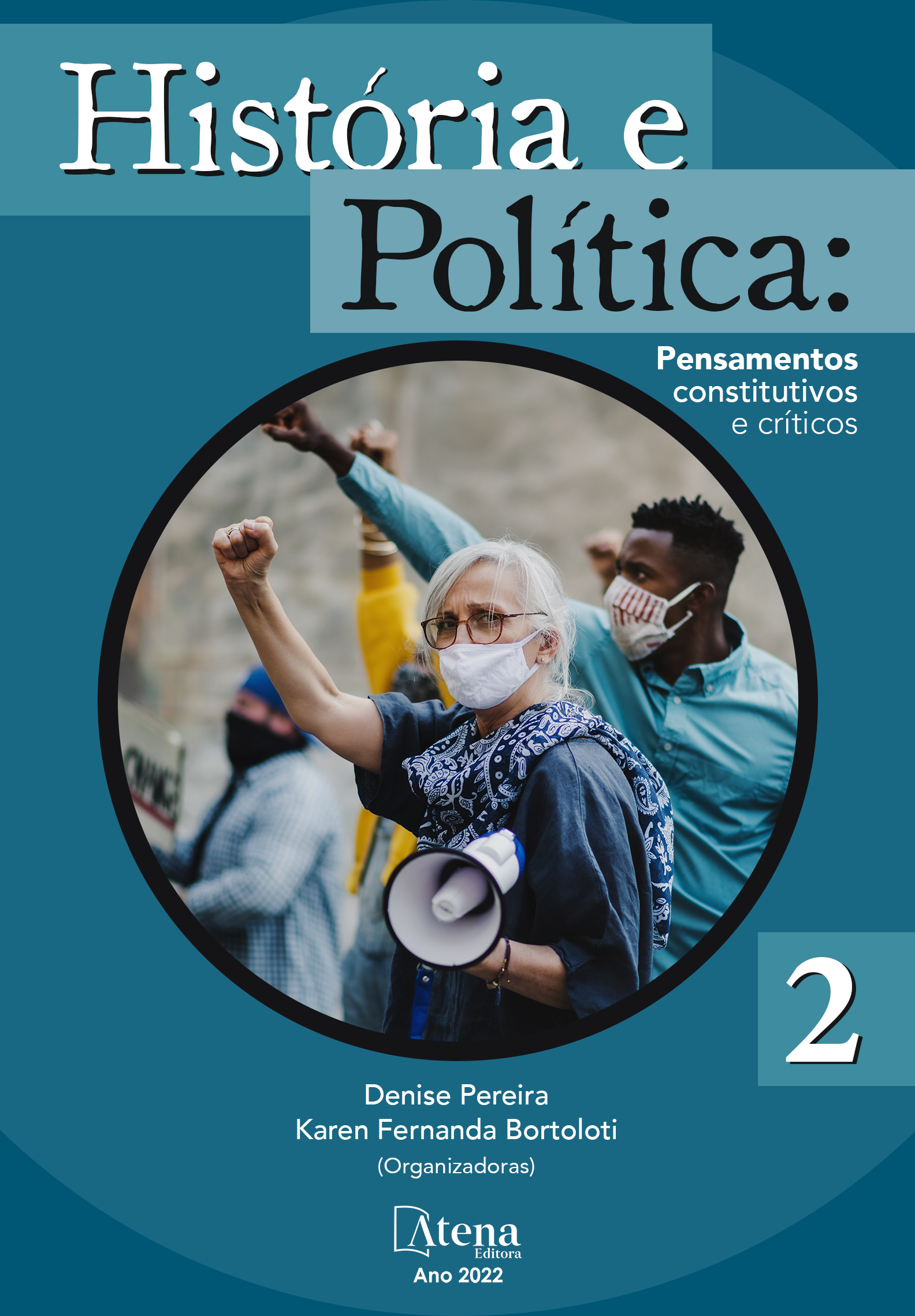
A articulação entre cidade e subjetividade na literatura urbana pós-moderna
A cidade é mais que um lugar, é uma experiência social construtora de uma condição humana particular. Por isso, é interessante analisar como a condição urbana atravessa a condição humana, engendrando não apenas maneiras de habitar e produzir, também modos de ser, sentir e desejar. Dentro dessa perspectiva, serão analisados certos indícios encontrados na literatura urbana brasileira que revelam os efeitos dos discursos que circulam pela cidade sobre os indivíduos, permitindo a formação de novas formas de ser na cidade. Por meio da metodologia proposta por Carlo Ginzburg em sua obra "Mitos, Emblemas e Sinais" publicada em 1989, denominada "Paradigma Indiciário", serão seguidos rastros e indícios revelados pela literatura. À maneira dos detetives, buscar-se-á discutir alguns impactos das transformações no discurso da cidade sobre os sujeitos urbanos. A fonte para se encontrar tais pistas que ajudem a identificar os dispositivos urbanos de regulamentação corporal será a literatura urbana produzida no Brasil na passagem da modernidade para a pós-modernidade. Nesse sentido, cabe ressaltar que, em Laços de Família (1960), Clarice Lispector já revelava um grande desconforto dos sujeitos com os papeis pré-determinados pela cidade moderna, sobretudo em seus contos Amor e Feliz Aniversário. No fim do século, no conto "A arte de andar nas ruas do Rio de Janeiro" (1992), Rubem Fonseca destacava uma cidade fragmentada, subjugada aos interesses econômicos e a uma cidadania reduzida ao viés individualista. Tal perspectiva é explorada sob outro ponto de vista em Pornopopeia (2011), a obra Reinaldo Moraes revela uma cidade reduzida a um percurso erótico de um sujeito tiranizado por seus desejos. A cidade e suas invenções que historicamente vinham incidindo sobre os indivíduos, produzindo um conjunto de características e desejos tem passado por mudanças, gerando novas formas de ser e sentir na cidade que, não transformam apenas os cidadãos, mas afetam o próprio sentido da cidade. Palavras-chave: Cidade, Subjetividade, Literatura.
A articulação entre cidade e subjetividade na literatura urbana pós-moderna
-
DOI: Aguardando aprovar pagamento pagseguro
-
Palavras-chave: cidade, cultura, sociabilidade, literatura
-
Keywords: cidade, cultura, sociabilidade, literatura
-
Abstract:
The city is more than a place, it is a social experience that builds a particular human condition. Therefore, it is interesting to analyze how the urban condition crosses the human condition, engendering not only ways of living and producing, but also ways of being, feeling and desiring. Within this perspective, certain indications found in the Brazilian urban literature will be analyzed that reveal the effects of the discourses that circulate in the city on individuals, allowing the formation of new ways of being in the city. Through the methodology proposed by Carlo Ginzburg in his work "Myths, Emblems and Signs" published in 1989, called "Indiciary Paradigm", traces and clues revealed by the literature will be followed. Like detectives, we will seek to discuss some impacts of the transformations in the city's discourse on urban subjects. The source to find such clues that help to identify the urban devices of body regulation will be the urban literature produced in Brazil in the passage from modernity to post-modernity. In this sense, it is noteworthy that, in Ties de Família (1960), Clarice Lispector already revealed the subjects' great discomfort with the roles pre-determined by the modern city, especially in her short stories Amor e Feliz Aniversary. At the end of the century, in the short story "The art of walking in the streets of Rio de Janeiro" (1992), Rubem Fonseca highlighted a fragmented city, subjugated to economic interests and a citizenship reduced to an individualistic bias. Such perspective is explored from another point of view in Pornopopeia (2011), the work Reinaldo Moraes reveals a city reduced to an erotic journey of a subject tyrannized by his desires. The city and its inventions that have historically focused on individuals, producing a set of characteristics and desires, have undergone changes, generating new ways of being and feeling in the city that not only transform citizens, but affect the very meaning of the city.
-
Número de páginas: 15
- felipe dias ramos loureiro


